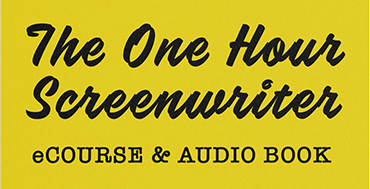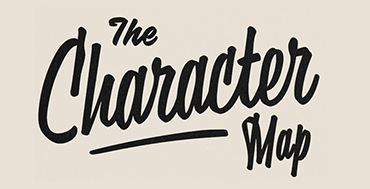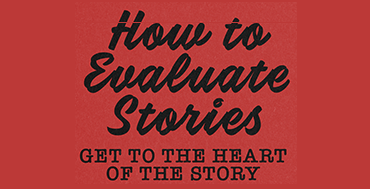Creating a New Character – Fear


I am now preparing for a television show I’ll be working with in Europe. I just received a bio which describes a new character soon to be added to the show’s ensemble. It is a male character, a father, whose greatest fear is described as the terror that something might happen to his daughter.
When I first developed the Character Map I asked writers “What is your biggest fear?” This kind of answer would often come up. As adults we often fear most for those we love, especially our children.
I realized this was the wrong way to ask the question. I then asked “What was your biggest worry as a child?”
This question yielded much more useful answers. How do we turn around the character’s natural fear about a child’s welfare into something more specific to that particular character?
We must look at the ways the character is most worried about failing others and becoming unloved or unlovable. This often is traceable back to the character’s own childhood fears. These early fears powerfully stay with us and color our adult lives.
The question to ask the character (a father) in this case is– “How do you fear you might be the cause of something terrible happening to your child?”
This makes the fear specific and personal and keys it directly to the Character Type. Here are some examples:
I fear I am not strong enough to protect my child. If I show any weakness my family might be exposed to danger. This is at the root of the fear for a Power of Will father (like Tony Soprano on The Sopranos).
I fear I am not good enough to protect my child. If I don’t judge correctly or make bad choices my family might be exposed to danger. This is at the root of the fear for a Power of Conscience father (like Coach Eric Taylor on Friday Night Lights).
I fear I am not cautious enough to protect my child. If I don’t see all the hidden dangers my family might be exposed to danger. This is at the root of the fear for a Power of Truth father (like the father fish, Marlin, in Finding Nemo).
I fear I am not extraordinary enough to protect my child. If I don’t act with honor and heroism my family might be exposed to danger. This at the root of the fear for a Power of Idealism father (like William Wallace in Braveheart).
I fear I am not objective enough to protect my child. If I don’t act rationally my family might be exposed to danger. This at the root of the fear for a Power of Reason father (like Dr.Matt Fowler in In the Bedroom)
I fear I am not successful enough to protect my child. If I don’t have enough money my family might be exposed to danger. This is at the root of the fear for a Power of Ambition father (like Fletcher Reed in Liar Liar)
I fear I am not responsible enough to protect my child. If I don’t have enough maturity my family might be exposed to danger. This is at the root of the fear for a Power of Excitement father (like Samuel Faulkner in Nine Months).
I fear I am not useful enough to protect my child. If I my family doesn’t realize I know best they might be exposed to danger. This is at the root of the fear for a Power of Love father (like Stanley Banks in Father of the Bride).
I fear I am not significant enough to protect my child. If I am too simple my family might be exposed to danger. This is at the root of the fear for a Power of Imagination father (like Guido Orefice in Life is Beautiful).
The trick is to make the fear personal to the character and fit the Character Type. Simply fearing for a child is too general. The fear must speak directly to the character’s own Worldview, View of Love and how one protects and cherishes those one loves. Or how specifically one might fail to do so.



Create a visual map for a character’s emotional journey. Pull stories from character rather from rote story structure beats. Some of the largest international media companies, use this in story and character development.


A clear concise guide for writers and producers to have by their side as they embark on a project. It gives a really vital reminder of what is key for story success.

No comment yet, add your voice below!